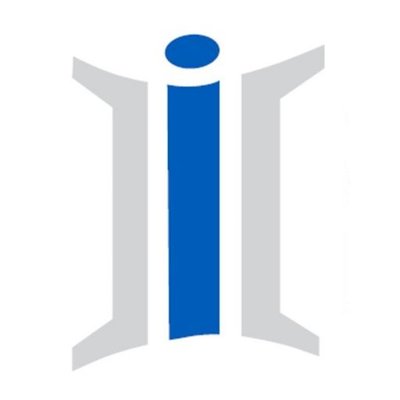ABA project will use e-discovery software to identify wrongful conviction trends

The ABA Center for Innovation hopes to identify wrongful conviction trends.
Wrongful conviction trends will be identified with the help of e-discovery software in a new project that will use a network of forensic and legal experts to investigate potential cases.
The ABA Center for Innovation and software developer Relativity on Tuesday announced the project known as DFENDR, an acronym for Distributed Forensic Expert Network Delegating Review. The project will analyze data on cases to determine whether bias or other factors could have contributed to wrongful convictions, according to the Bar Leader.
The project has these three goals:
- To collect data and identify the key factors contributing to wrongful convictions based on forensic science. An initial focus will look at the link between cognitive biases and two common forensic techniques that produce invalid or improper evidence: hair analysis and arson investigation.
- To improve the review process for wrongful convictions with the help of e-discovery technology. Relativity’s e-discovery platform will be used to bring together the work of a network of legal and forensic experts.
- To develop a talent pipeline by giving law and forensic science students real-world experience.
Bryan Wilson, a fellow with the ABA Center for Innovation, is heading the project. “With Relativity and a growing network of legal and forensic experts, the DFENDR Project should be better equipped to accelerate the review of wrongful convictions around the country,” Wilson said in the press release.
“We’re looking forward to setting an example of how the legal community can use technology to fight injustices caused by incorrect assumptions about human behavior.”



